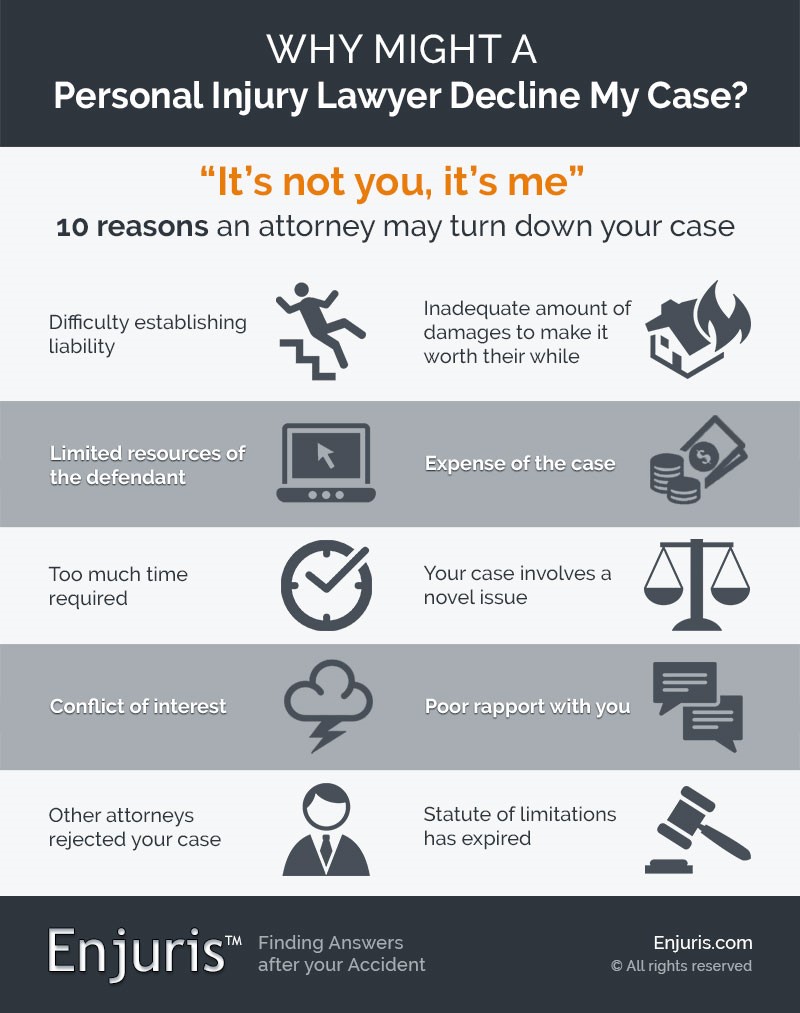Navigating Landlord-Tenant Regulation: Insights For Real Estate Attorneys
Navigating Landlord-Tenant Regulation: Insights For Real Estate Attorneys
Blog Article
Content By-Fallesen Hansen
When it concerns landlord-tenant law, understanding your civil liberties and duties is critical for both parties. You may think you have a strong understanding on the fundamentals, however there are usually subtleties that can capture you off guard. Whether you're a property manager managing a property or a lessee looking for a secure home, understanding the legal landscape can make all the difference. What may amaze you are the complexities involved in navigating conflicts and eviction processes.
Comprehending Occupant Civil Liberties and Responsibilities
When you rent out a residential or commercial property, it's vital to recognize your civil liberties and duties as a renter. You have the right to a safe and habitable living atmosphere, meaning your property manager must keep vital solutions like home heating, pipes, and electricity.
Highly recommended Webpage entitled to privacy; property owners usually need to provide notification prior to entering your device.
On the other side, you are in charge of paying lease on time, keeping the home tidy, and not triggering damages beyond typical damage.
Familiarize yourself with your lease contract, as it describes certain rules and commitments. Being aware of these aspects not just safeguards you but additionally fosters a favorable relationship with your property owner.
Keep educated, and you'll navigate your occupancy more effectively.
Trick Property Owner Responsibilities and Legal Considerations
While you may understand your rights as a renter, it's just as crucial to understand your landlord's obligations.
Landlords must offer a safe and habitable living setting, ensuring that essential systems like home heating, plumbing, and electricity remain in working order. click here now for making necessary repair work immediately and adhering to neighborhood building codes.
In addition, landlords need to value your privacy by giving proper notification prior to entering your system, typically 24-hour. They need to manage down payment according to state legislations, consisting of returning them without delay after you vacate, minus any authorized deductions.
Understanding these responsibilities can help you keep a favorable relationship with your landlord and guarantee your living circumstance meets legal criteria.
Browsing Disagreements and Expulsion Processes
Disagreements between landlords and lessees can develop all of a sudden, making it critical for you to understand the processes associated with settling them.
Initially, communication is crucial-- try to go over issues straight to locate a concession. If that falls short, familiarize on your own with your neighborhood regulations regarding disputes and eviction. File whatever: maintain documents of communications, settlements, and any kind of violations.
If eviction becomes needed, guarantee you comply with the legal actions needed in your location, which typically includes offering composed notice and a specific duration for resolution.
Be prepared to go to court if the scenario intensifies, as it may be your only option. Comprehending these procedures will certainly help you navigate disputes better and safeguard your rights as either a property manager or renter.
Final thought
In recap, recognizing landlord-tenant law is important for both parties associated with a rental arrangement. By knowing your rights and responsibilities, you can promote a much better living setting and avoid disputes. If disputes emerge, remember that a property legal representative can assist guide you via the intricacies of expulsion processes and legal responsibilities. Remaining notified and official site will certainly ensure a smoother rental experience, whether you're a property owner or a tenant.
